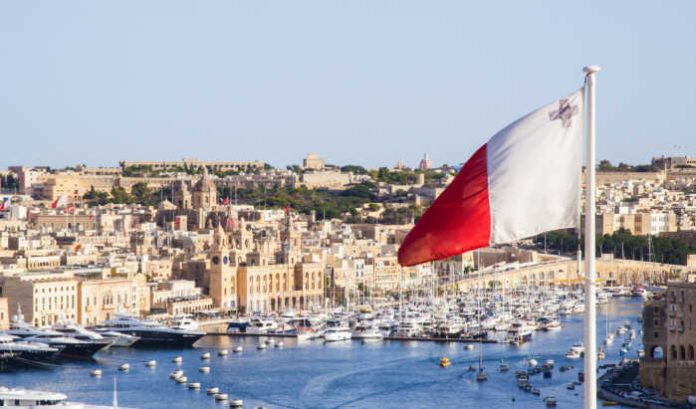The Malta Gaming Authority (MGA) has provided a snapshot into the dynamics of the country’s betting, gaming and lottery ecosystem in its annual report for 2022.
Several changes were observed from the year prior, with the makeup of licences notably shifting. For example, the number of B2C licensees decreased slightly from 197 to 187, although the number of B2B firms rose in comparison from 155 to 160, with ‘type one’ licences covering lotteries and online casino the largest category.
There were 155 of these licence holders in 2022 – 154 offering casino games, 26 lotteries and nine secondary lotteries – followed by 117 ‘type two’ licences, covering fixed-odds sports betting.
Lastly, the MGA reported 44 ‘type three’ licences – 30 for peer-to-peer betting and bingo, 12 for pool betting and betting exchanges, 10 ‘other’ peer-to-peer betting and three lottery messenger services – and 13 ‘type four’ licences for ‘controlled skilled games’ issued.
Meanwhile, the number of online active players accounts rose slightly by 2.5%, catching up on 2020 account numbers of 36,196,001. Additionally, the number of new active player accounts rose 9% to 18,095,980.
These MGA-licenced companies across the lottery, betting and gaming sectors drove gaming revenue, including the release of unclaimed player funds, of €82.2m (2021: €81.5m).
This marked an increase of just below 1%, and amounted to a ‘surplus’ of €70.2m (€69.6m), also a growth rate of a little under 1%.
In his statement in the foreword to the report, MGA CEO Dr Carl Brincat asserted that ‘standing still is the same as moving backwards’ in betting and gaming, and so the MGA has introduced new business intelligence tools to inform decision making.
He remarked: “These tools, coupled with the conclusion of a data strategy which will guide us over the next three years, are aligned with our commitment to base our regulatory decision-making on data and evidence.”
Lastly, the regulator also issued an update on enforcement actions and investigations conducted during 2022, explaining 16 administrative penalties were issued throughout the year, amounting to total charges of €179,150.
These consisted of penalties imposed on MGA licensees and also on unauthorised entities which were offering ‘licensable services’ without holding one. Four licences were suspended and six cancelled last year, and 10 warnings were also issued.
Brincat asserted in this forward statement that the MGA will continue to provide clarity on regulatory expectations to operators and bridge the gap between itself and the industry.
“We have also taken on the role of facilitating conversation on common challenges,” he said.
“The Authority has encouraged the industry to foster a cooperative relationship and a unified approach to common threats and challenges, which will lead to better solutions and ultimately support the sustainability of the sector.”
An additional update to Malta stakeholders was provided by MGA Chairman Ryan Pace, who emphasised how the authority has been working to cut down on bureaucracy and improve the regulator’s governance structure.
Pace asserted that the MGA’s internal processes need to be streamlined to reduce inefficiencies in order to achieve its remit of regulating and overseeing Malta’s gambling industry, which he noted is a ‘key industry’ within the island nation’s economy.
The Chairman emphasised: “The work conducted in 2022, and the consequent results I have witnessed, allow me to confidently state that the Authority remains relevant, up-to-date and well-equipped to regulate, oversee and guide an innovative and ever-changing industry.”



























